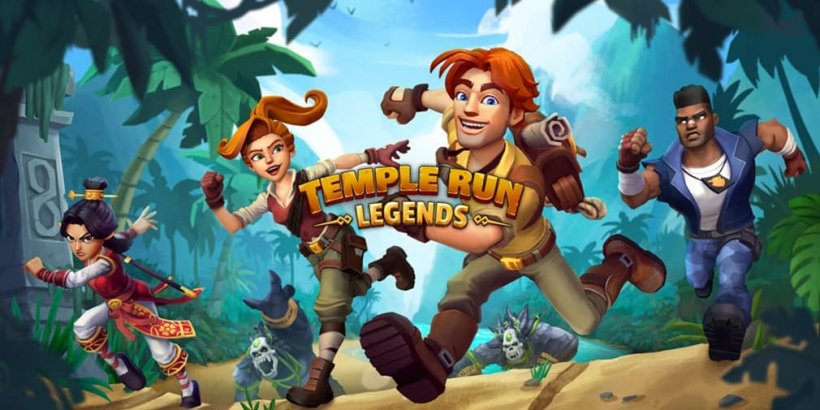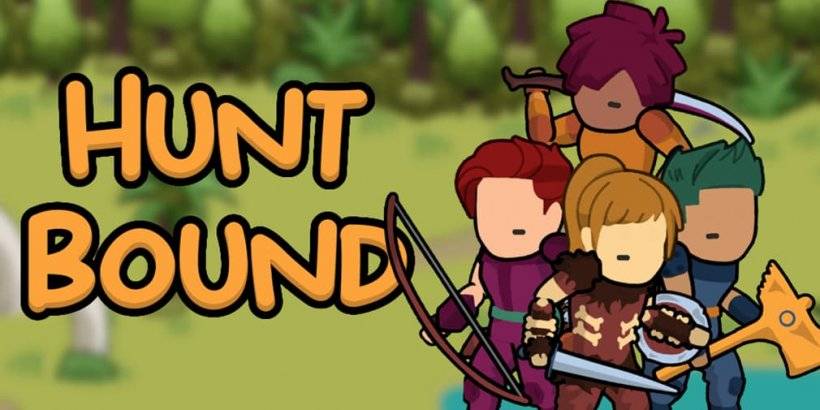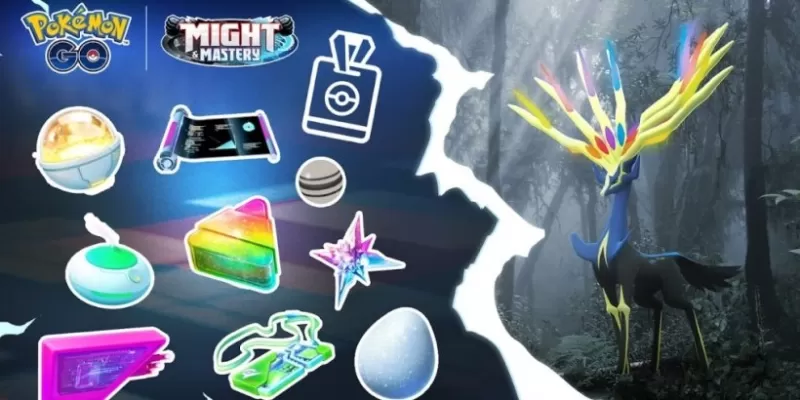A year after its 20th anniversary, Capcom's iconic Monster Hunter series is set to return in 2025 with the much-anticipated Monster Hunter Wilds. This series, which has evolved through multiple generations of home and portable consoles, achieved remarkable success with 2018's Monster Hunter World and 2021's Monster Hunter Rise, which are not only the best-selling entries in the franchise but also rank as Capcom's top-selling games ever.
With Monster Hunter Wilds scheduled for release on February 28, it's an exciting time to reflect on the history of this beloved franchise. Below, we've compiled a chronological list of the 12 most significant Monster Hunter games, focusing on those that have shaped the series and its legacy.
How Many Monster Hunter Games Are There?
There are over 25 Monster Hunter games, encompassing base games, spinoffs, mobile entries, and enhanced versions. For this list, we've selected the 12 most relevant titles, excluding mobile-only and arcade-exclusive games (like Monster Hunter i and Monster Hunter Spirits), discontinued MMOs (such as Monster Hunter Frontier and Monster Hunter Online), and the Japan-exclusive, FromSoftware-developed game, Monster Hunter Diary: Poka Poka Airou Village.
Every IGN Monster Hunter Review
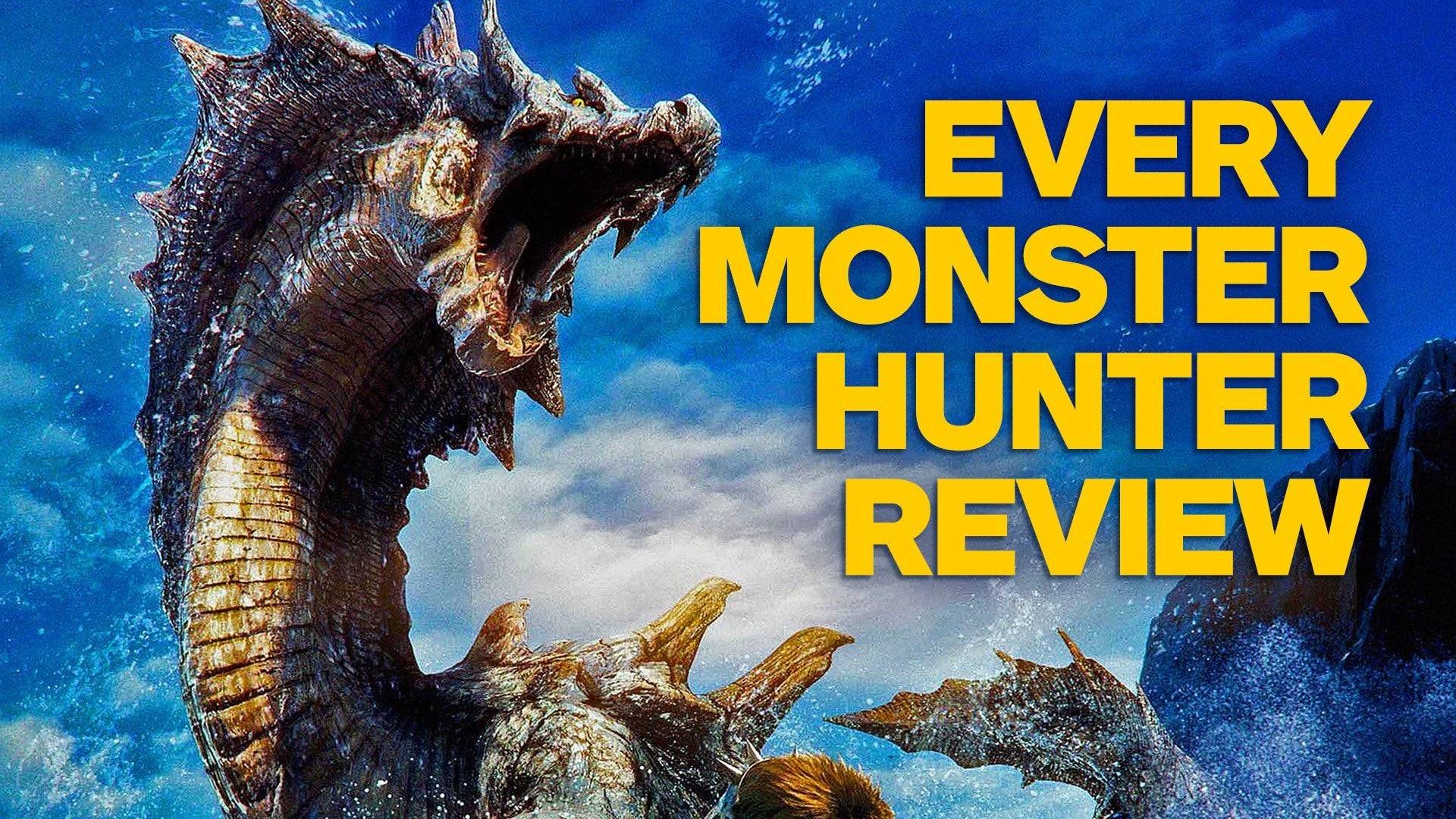
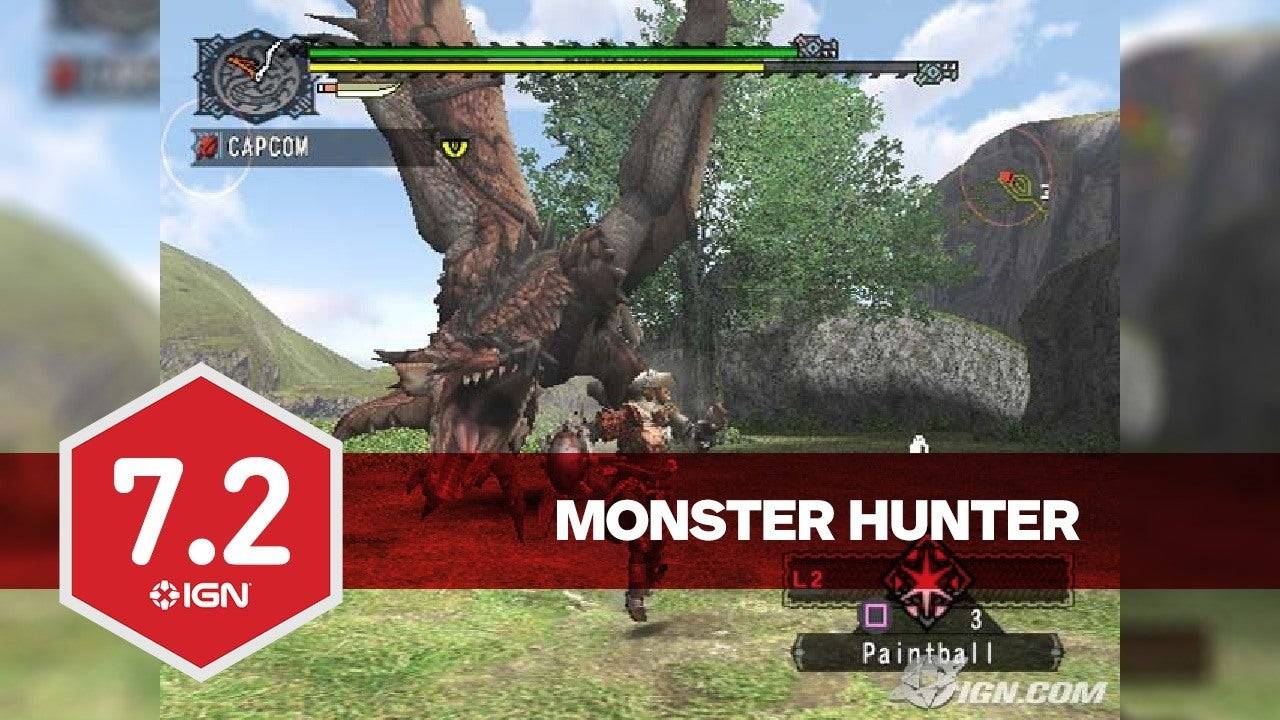 12 Images
12 Images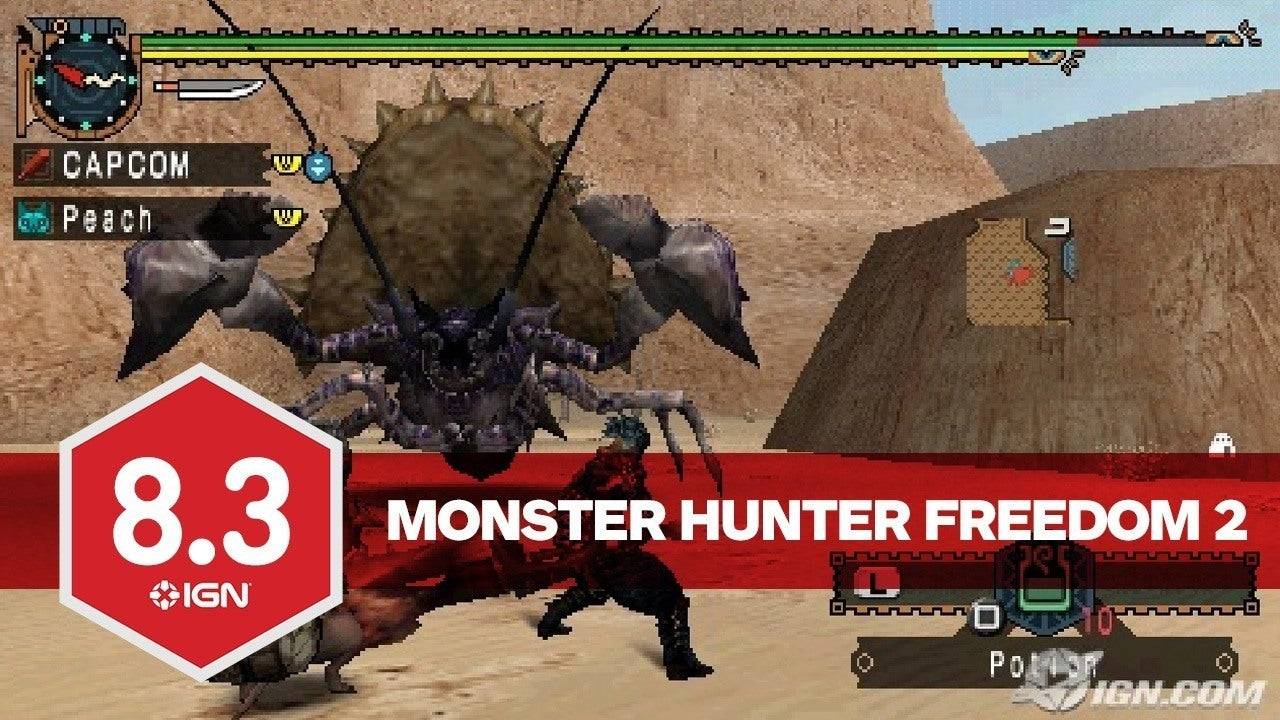
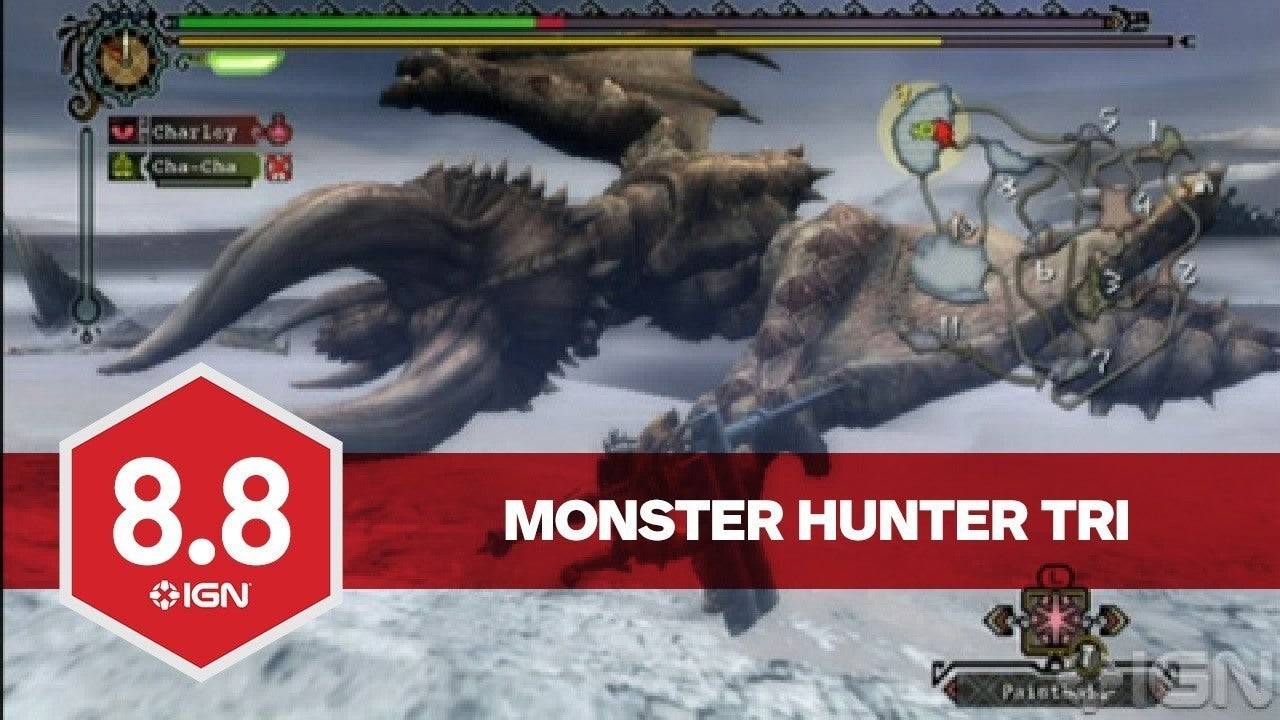
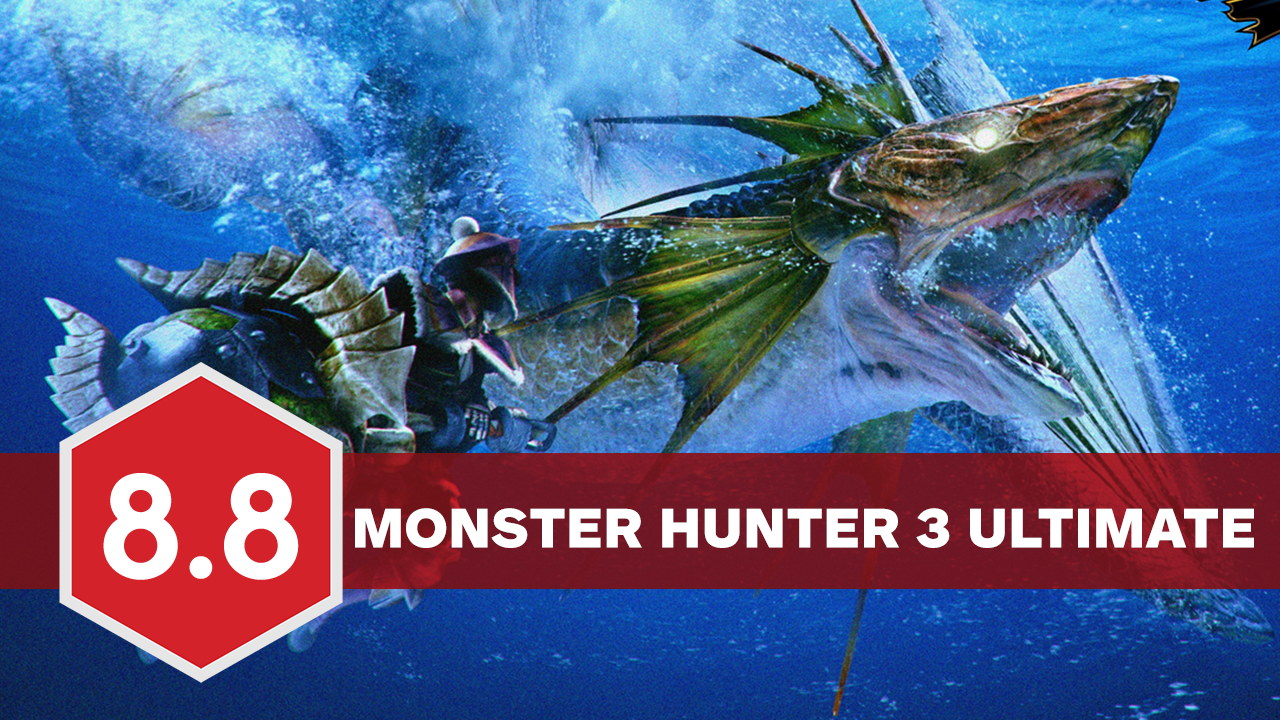
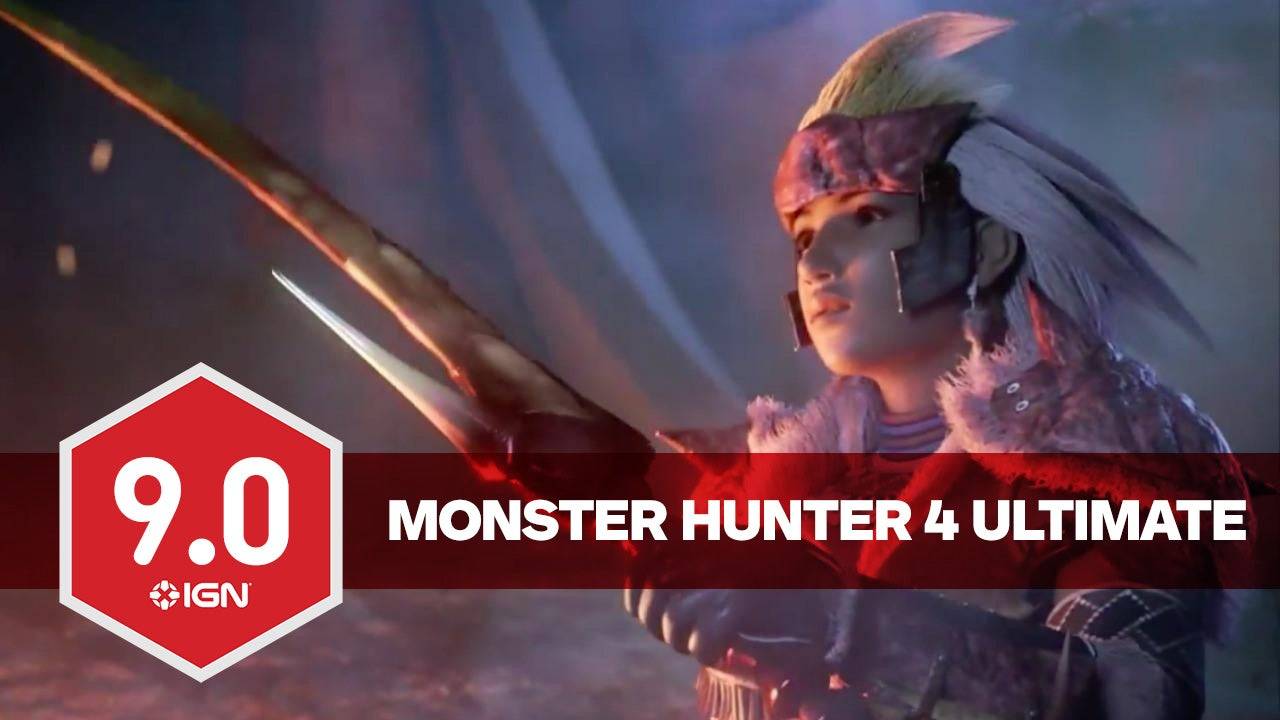
Which Monster Hunter Game Should You Play First?
Since the Monster Hunter franchise does not have a continuous narrative, you're free to start with any game. If you're new to the series in 2025, you might want to wait for the community's reaction to Monster Hunter Wilds, releasing on February 28. For those eager to dive in before Wilds, we recommend starting with either Monster Hunter World or Monster Hunter Rise. World is ideal for players who enjoy exploration and immersion, while Rise caters to those who prioritize speed and fluidity.
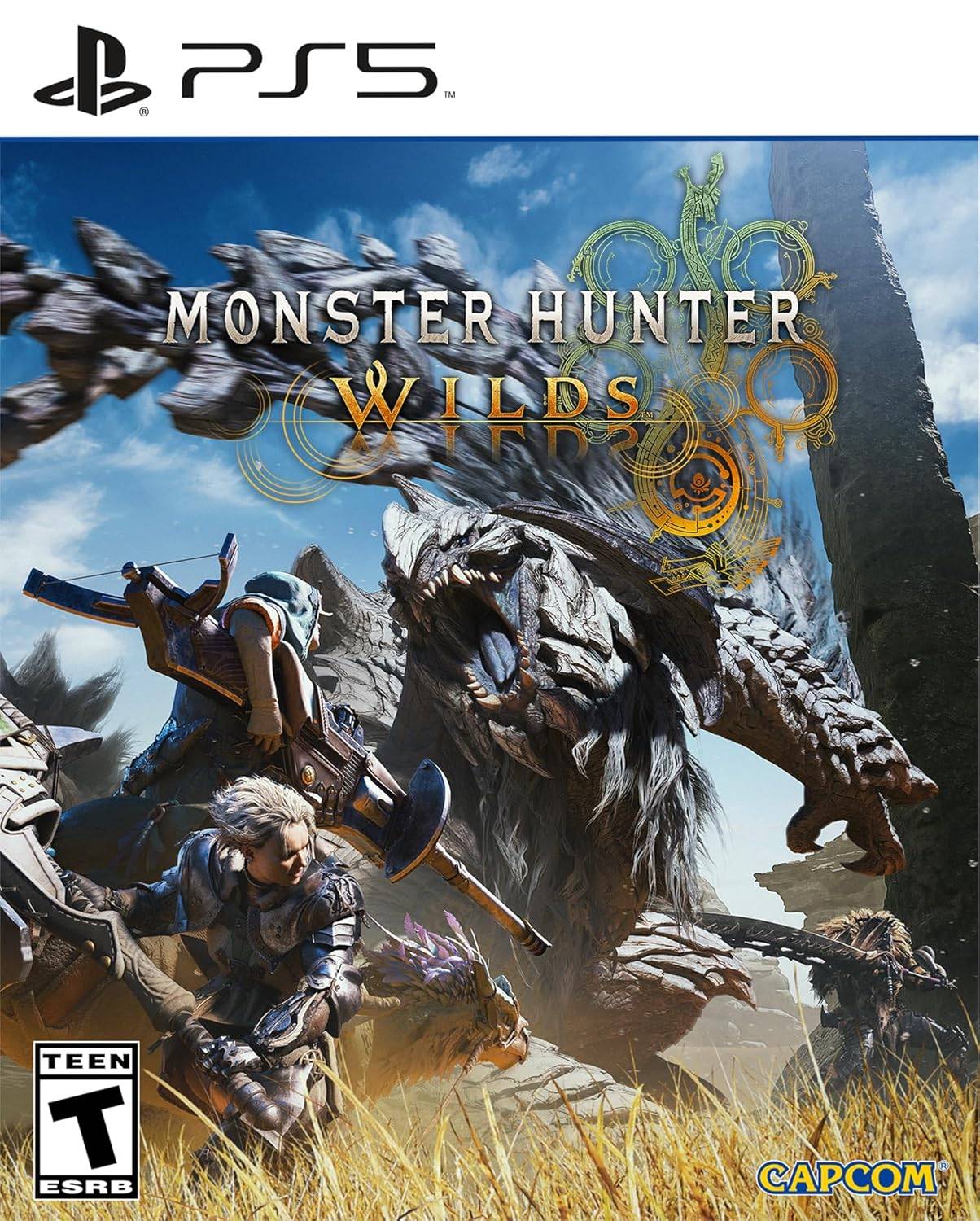 Out February 28
Out February 28
Monster Hunter Wilds - Standard Edition
2See it at Amazon
Every Monster Hunter Game in Release Order
Monster Hunter (2004)
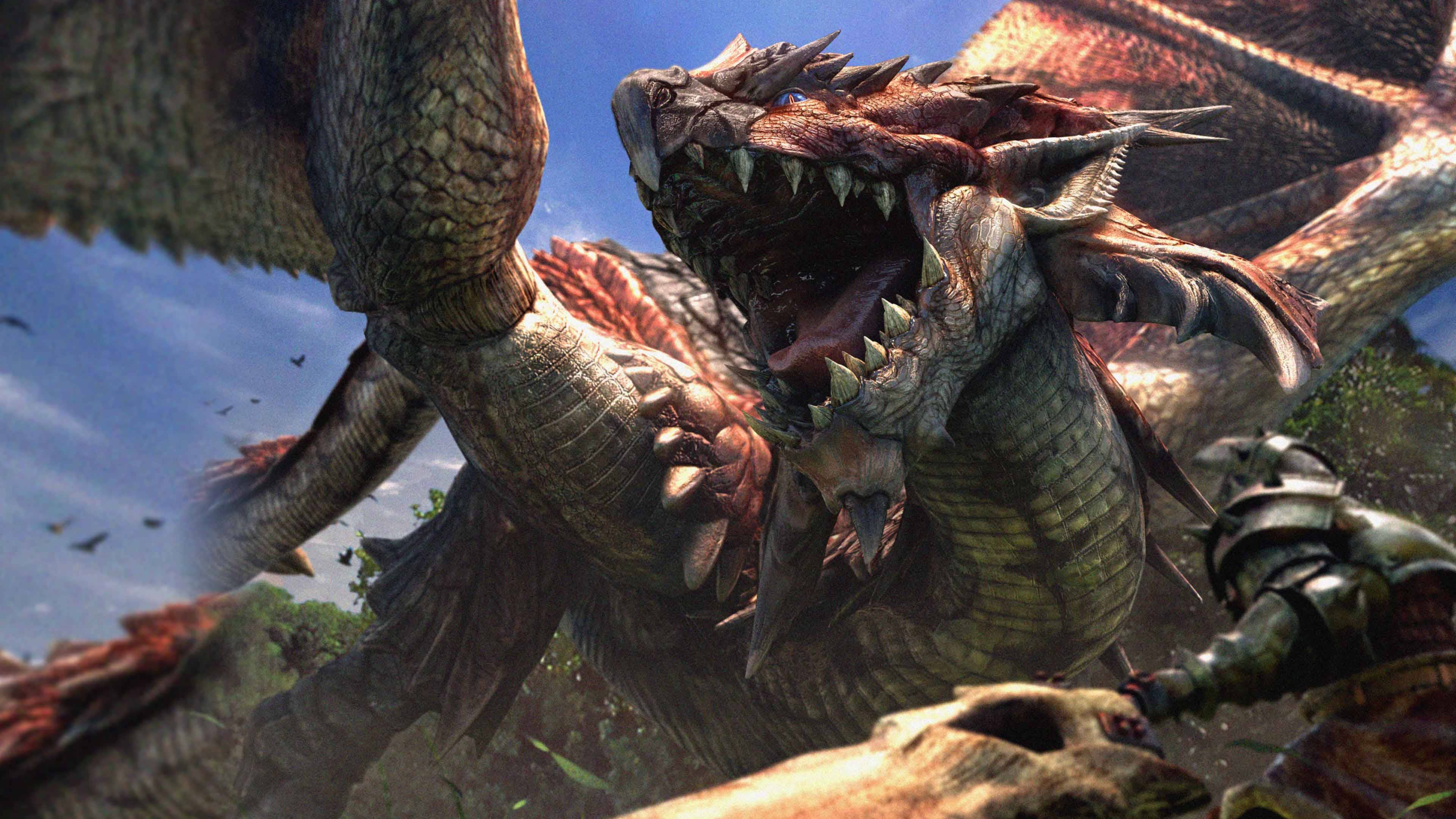 Monster Hunter was one of three games Capcom developed to explore the PS2's online capabilities, as revealed by Capcom's Ryozo Tsujimoto in a 2014 interview with Eurogamer. The original Monster Hunter established many of the series' core mechanics, where players, either solo or with others online, undertake quests to hunt monsters and use materials to craft and upgrade gear for tackling even tougher foes. An expanded version, Monster Hunter G, was released the following year exclusively in Japan.
Monster Hunter was one of three games Capcom developed to explore the PS2's online capabilities, as revealed by Capcom's Ryozo Tsujimoto in a 2014 interview with Eurogamer. The original Monster Hunter established many of the series' core mechanics, where players, either solo or with others online, undertake quests to hunt monsters and use materials to craft and upgrade gear for tackling even tougher foes. An expanded version, Monster Hunter G, was released the following year exclusively in Japan.
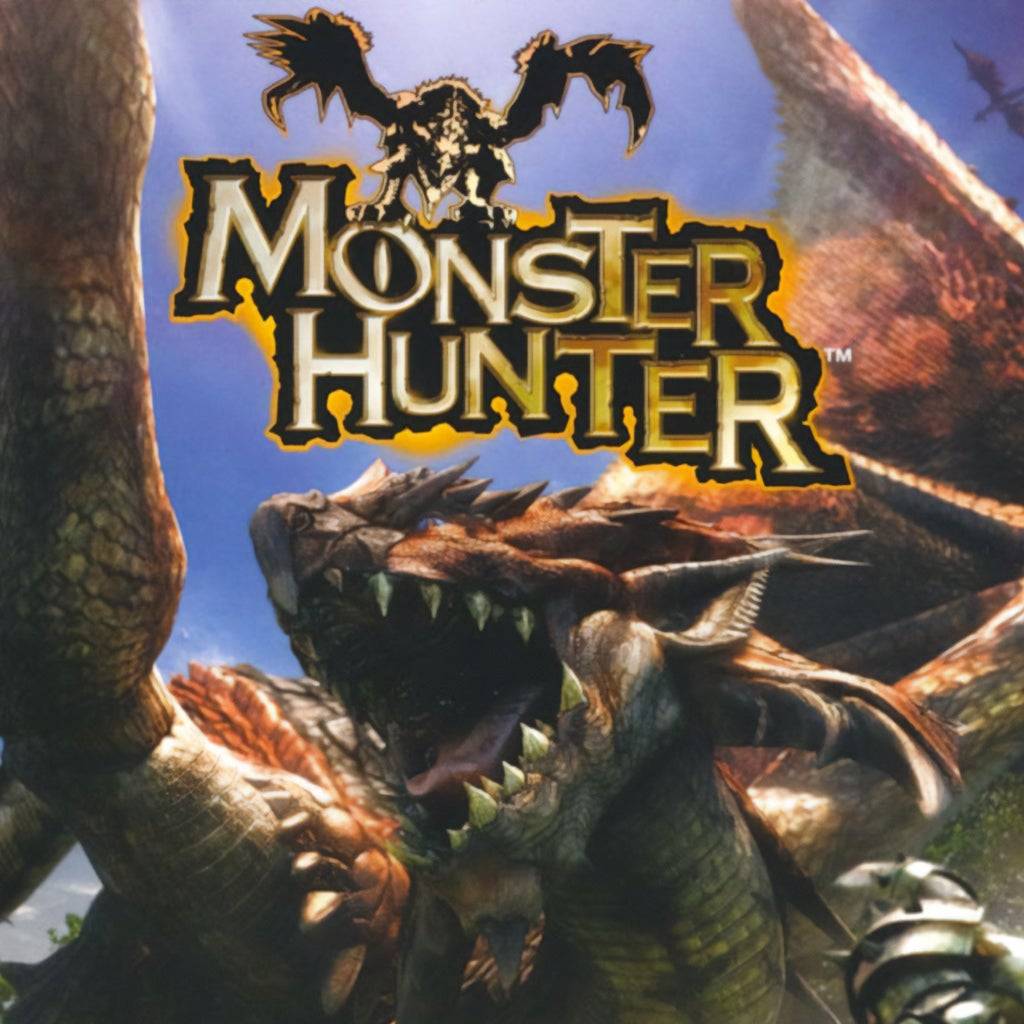 Monster HunterCapcom Production Studio 1
Monster HunterCapcom Production Studio 1
Monster Hunter Freedom (2005)
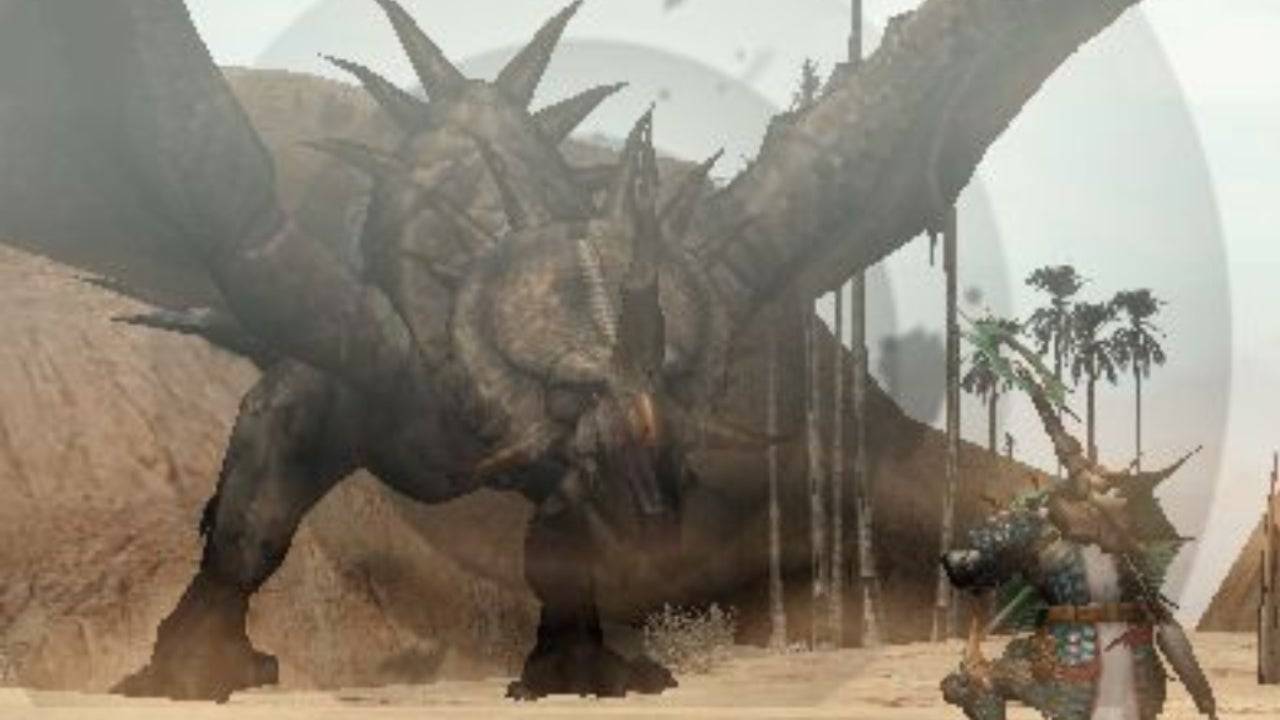 In 2005, Monster Hunter found a new home on portable consoles with Monster Hunter Freedom, an enhanced version of Monster Hunter G tailored for single-player on the PSP. This entry kicked off a trend where portable versions significantly outsold their home console counterparts, a trend that continued until the massive success of Monster Hunter World in 2018.
In 2005, Monster Hunter found a new home on portable consoles with Monster Hunter Freedom, an enhanced version of Monster Hunter G tailored for single-player on the PSP. This entry kicked off a trend where portable versions significantly outsold their home console counterparts, a trend that continued until the massive success of Monster Hunter World in 2018.
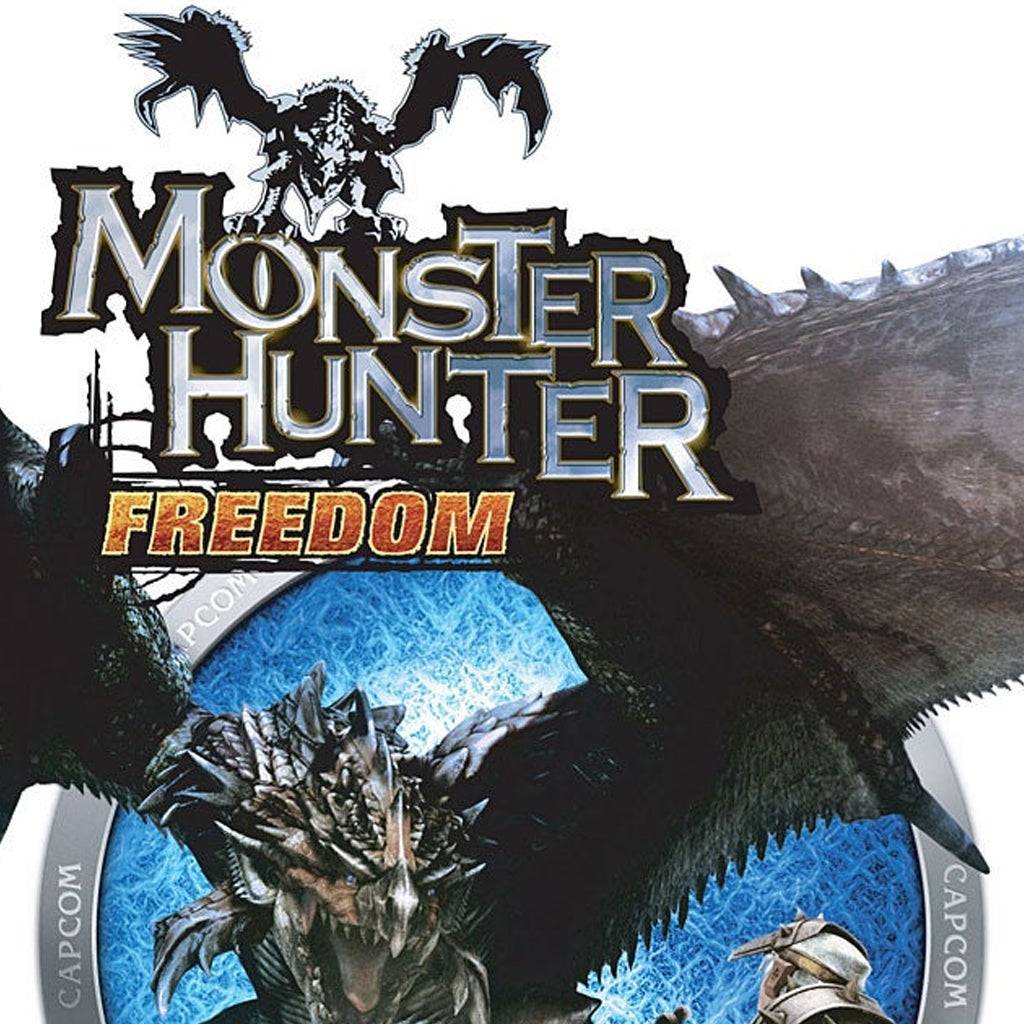 Monster Hunter FreedomCapcom Production Studio 1
Monster Hunter FreedomCapcom Production Studio 1
Monster Hunter 2 (2006)
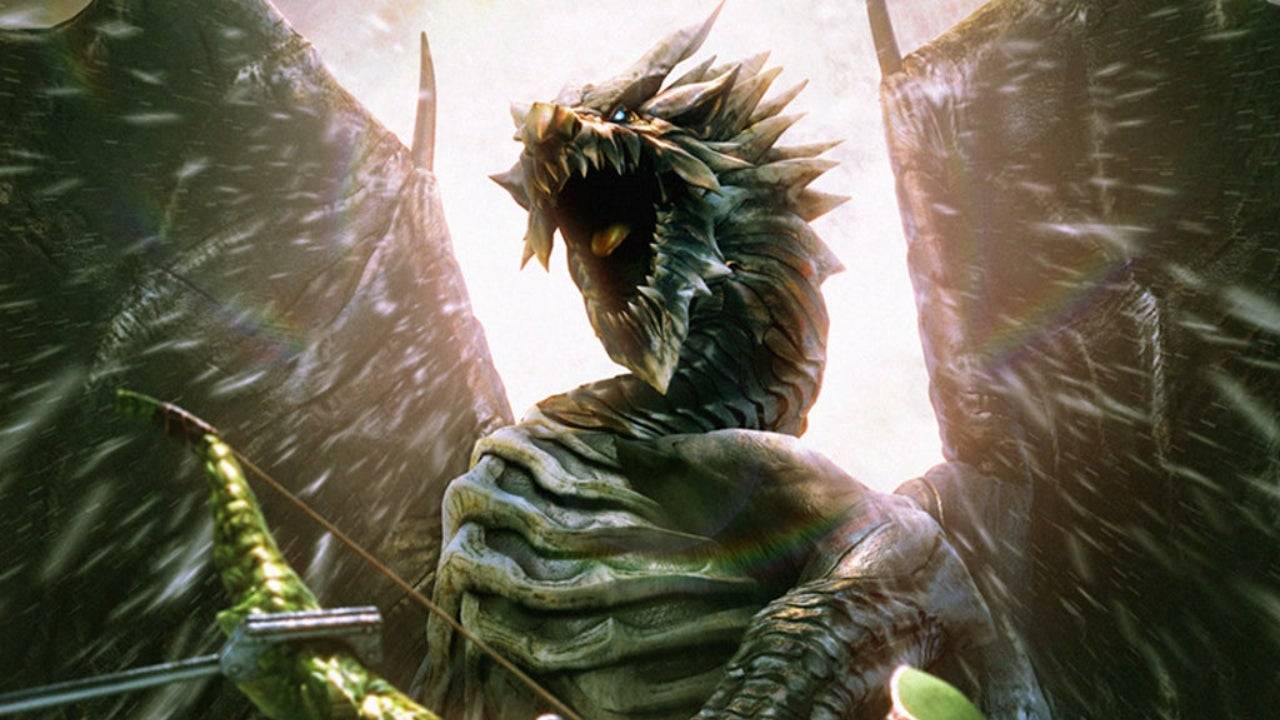 Capcom returned to the home console with Monster Hunter 2 (also known as Monster Hunter Dos), exclusively released in Japan for the PS2. This installment introduced a day-night cycle and gems, further enriching the customization of weapons and armor.
Capcom returned to the home console with Monster Hunter 2 (also known as Monster Hunter Dos), exclusively released in Japan for the PS2. This installment introduced a day-night cycle and gems, further enriching the customization of weapons and armor.
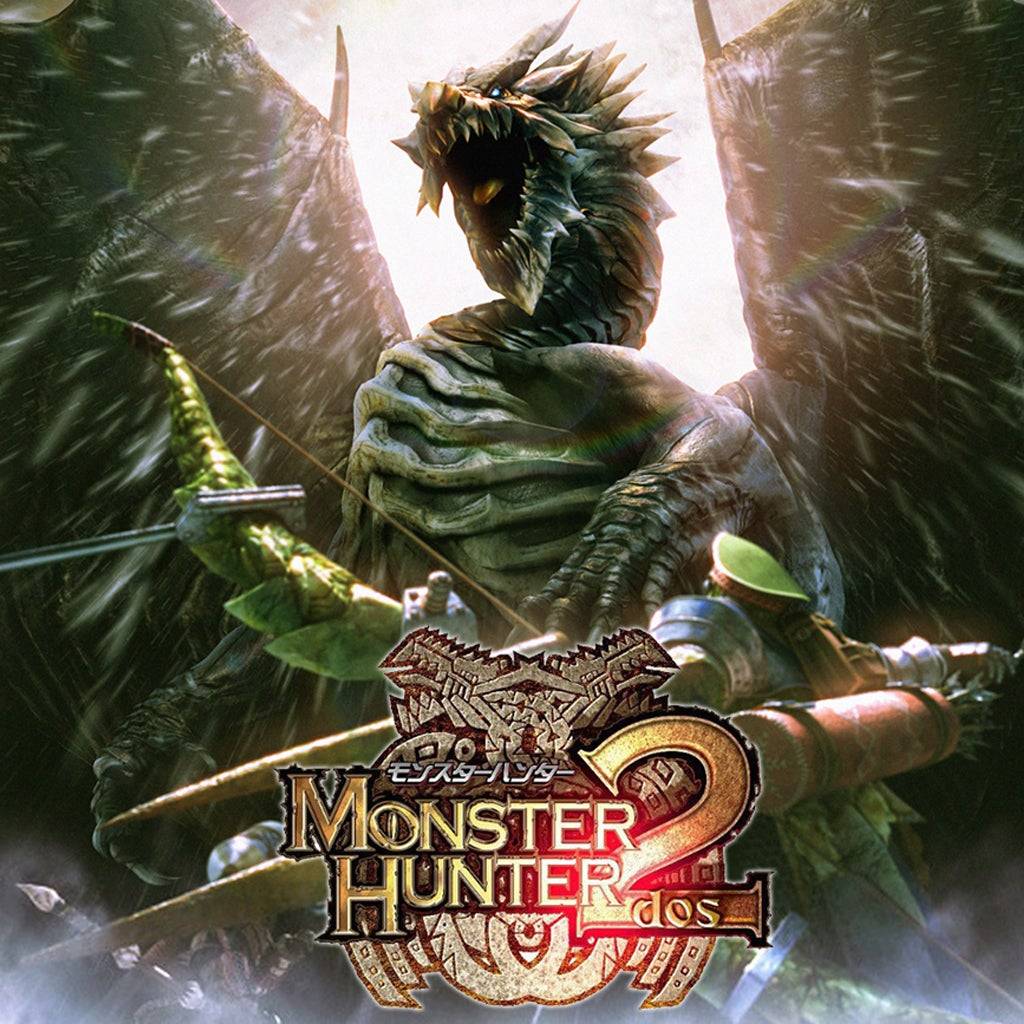 Monster Hunter 2Capcom Production Studio 1
Monster Hunter 2Capcom Production Studio 1
Monster Hunter Freedom 2 (2007)
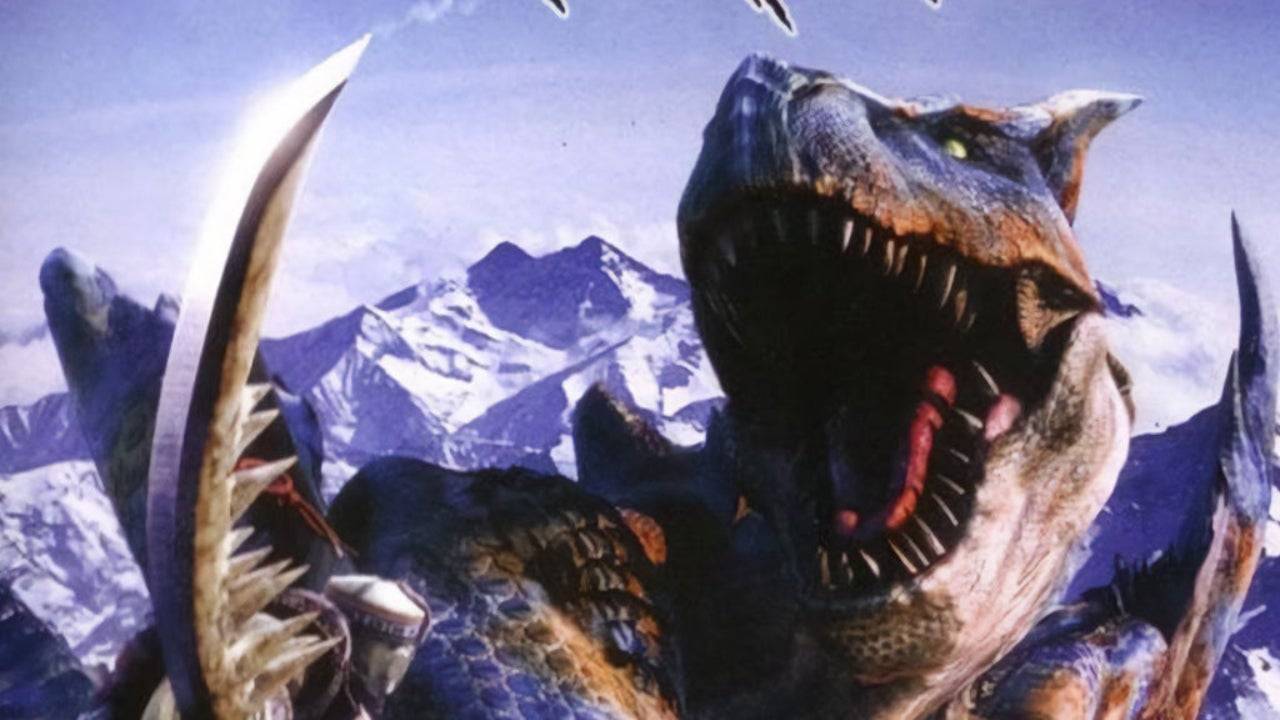 Monster Hunter Freedom 2, the second handheld game, expanded on the core mechanics of Monster Hunter 2 with additional content and a focus on single-player. Its successor, Monster Hunter Freedom Unite, released in 2008, added more monsters, missions, and maps, along with the option to have a Felyne fighter join the player in combat.
Monster Hunter Freedom 2, the second handheld game, expanded on the core mechanics of Monster Hunter 2 with additional content and a focus on single-player. Its successor, Monster Hunter Freedom Unite, released in 2008, added more monsters, missions, and maps, along with the option to have a Felyne fighter join the player in combat.
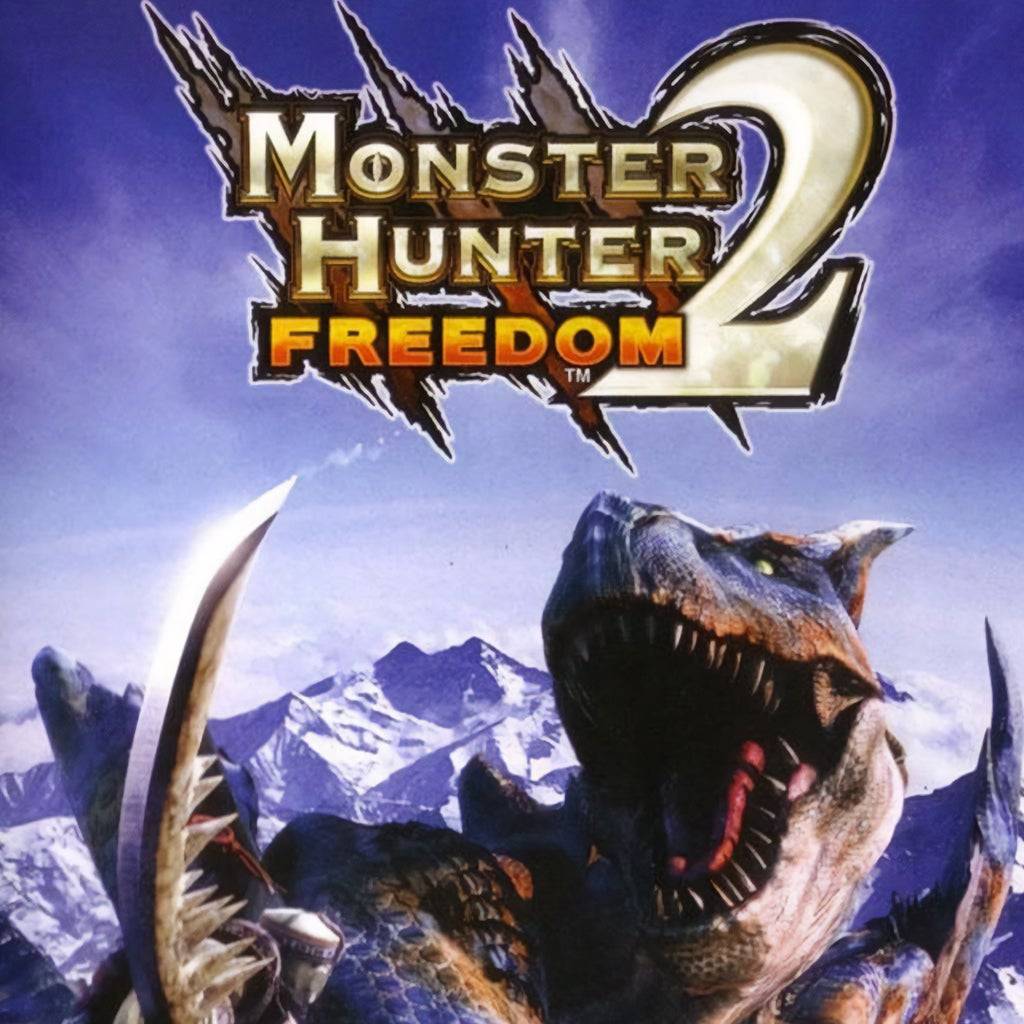 Monster Hunter Freedom 2Capcom Production Studio 1
Monster Hunter Freedom 2Capcom Production Studio 1

